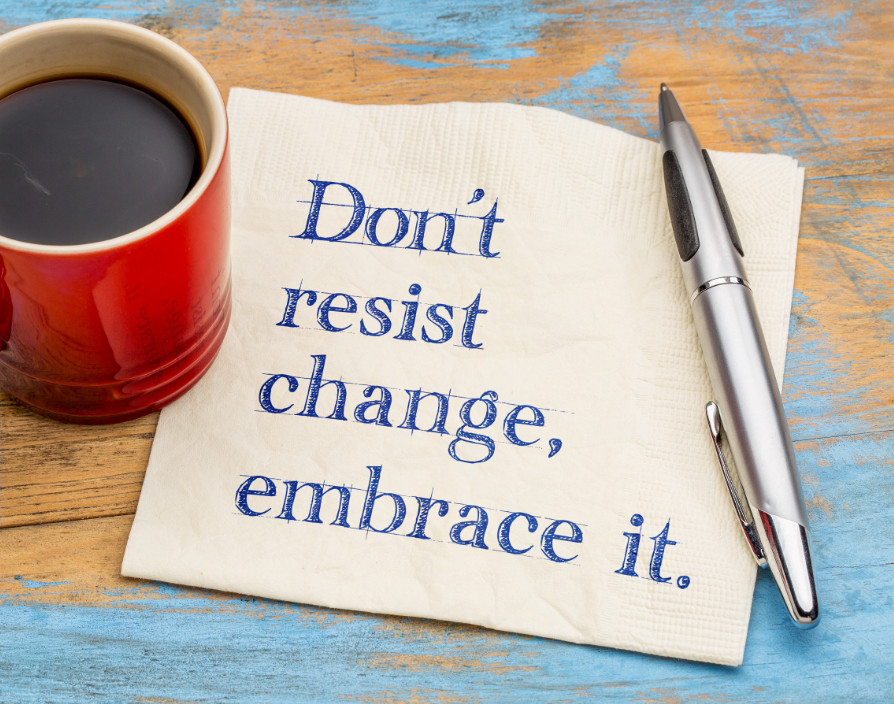As the fight against the Coronavirus pandemic continues, and we all battle against the worry and uncertainty that is affecting all aspects of our lives, it is clear that nothing is going to be the same as it was before. In terms of business, it is vital that organisations do not hide away from all this change. Leaders need to embrace their new surroundings, and then set out a plan on how their business is going to move forward.
Strong leadership
Strong leadership and resilience has never been more important as companies look for that competitive edge that will help them navigate through all the uncertainty that the COVID-19 pandemic has created.
At the Greater London Business School we have helped business leaders for over 20 years develop strong and proactive leadership techniques. After many years working in senior management and sales roles throughout the world, I realised that many organisations and individuals were seeking training and qualifications which would have a real impact on their performance and success.
Positive psychology is going to play a huge role in how organisations get back to work, and it’s vital that leaders realise this and how their leadership skills will directly affect the happiness in the workplace. At the GLBS we are great believers in ‘Flow’ methodology, a concept developed by Mihaly Csikszentmihalyi . People are happiest when they are in a state of flow — a state of concentration or complete absorption with the activity. Flow is a mental state in which a person performing an activity is fully immersed in a feeling of energised focus, full involvement, and enjoyment. Flow, creativity, and happiness are all linked.
Leaders need to ensure that three conditions are met to help employees achieve a flow state: Employees must be involved in an activity with a clear set of goals and progress, meaning there is a clear direction and structure to the task; the task at hand must have clear and immediate feedback helping the person negotiate any changing demands but also generating increased self worth; and thirdly workers must have confidence in their ability to complete the task at hand. Increased communication and support levels are a must, people will feel vulnerable and leaders must realise this.
Sales enablement
In terms of sales, lockdown has changed the industry forever, with strategic planning and sales enablement now coming to the fore replacing the previous transactional focus.
Sales enablement is a strategic, collaborative discipline designed to increase predictable sales results by providing consistent, scalable enablement services that allow customer-facing professionals and their managers to add value in every customer interaction. Sales enablement is important because it prepares salespeople to conduct a more effective sales process and achieve better sales results. The right sales enablement strategy equips sales professionals with the training, coaching and content they need to be successful.
It is vital that you listen to your customers, reassure them and adjust your sales message. Things will not go back to the way they were before, so embrace the change and empathise with your customers ‘ put yourself in their shoes and look at what their new needs and wants are. We are already seeing a shift away from salespeople relying on personality and rapport, to a more strategic and data driven plan of action. Face-to-face customer interactions are now limited, so organisations are now going to have to rely on sales enablement by improving content creation, findability, analytics, sales communication, sales readiness, and reporting.
It sounds obvious, but give salespeople the tools they need (and want) to be successful. Lead by example, and encourage collaboration, internal and external communication and education. Collecting information in a single place is also vital to optimise sales performance, prior to lockdown it was estimated that salespeople only spent 35% of their actual time on selling, and this could now be lower.
“
Share via:








































